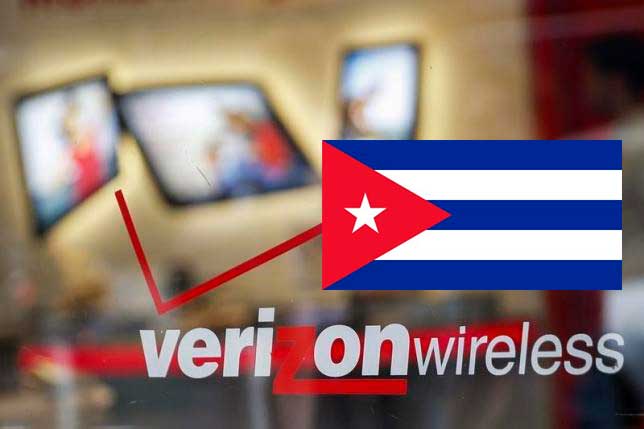Verizon Communications will be the first U.S. carrier to offer free roaming to customers traveling in Cuba following the United States’ recently restored relations with the Caribbean country.
The U.S. has made connectivity a priority in the Communist-run island after the diplomatic agreement was reached between Washington, D.C., and Havana back in December 2015. Telecommunications technology, service and equipment were the first exemptions allowed to Cuba following the 54 years of rocky relations.
But despite the free roaming, calls and data will not come cheap. The U.S.’ largest carrier will charge $2.99 per minute for voice calls and $2.05 per megabyte of data. The current system requires Americans visiting the island to purchase a pay-as-you-go cellphone through Empresa de Telecomunicaciones de Cuba SA, the state-run telephone company.
The two countries have been building to this point since early last year. In March 2015, U.S.-based IDT Corp. reached an agreement with ETECSA to provide direct international long-distance calling in Cuba, and in April, Boost Mobile, a Sprint subsidiary, launched a prepaid text and calling plan for travelers to Cuba. Previously communications such as this between the two countries had to pass through a third country.
“Our customers are citizens of the world, and we want them to seamlessly enjoy a great Verizon experience wherever they travel,” Javier Farfan, VP of cultural and segment marketing for Verizon Wireless said. “By offering international services while traveling in Cuba, we are making it simple and easy for our customers to stay connected wherever and whenever they choose.”
In the past, Cuban officials have pointed to the U.S. embargo as a big reason why only 2 million of Cuba’s 11 million residents own cellphones. With the embargo lifted, carriers now have a big opportunity to offer new services to Cuba. The country has set a goal of connecting 60% of its population with mobile access by 2020.
With Cuba on board, Verizon Communications now offers international services in more than 225 countries around the world.

